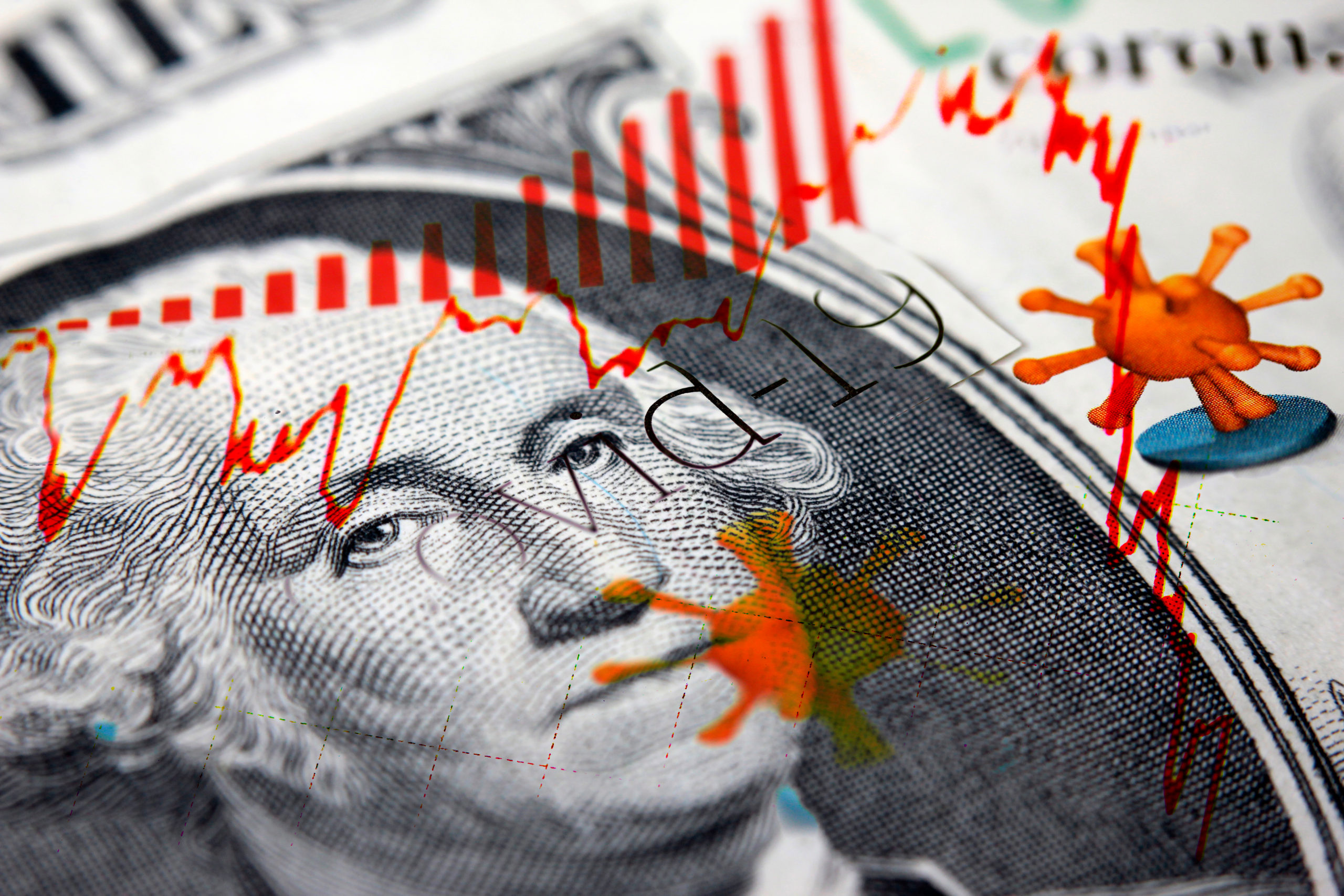Corruption thrives in crisis. As the nation rushes to stop the bleeding of the COVID-19 pandemic, new opportunities arise for bad actors—common criminals, corrupt officials, U.S. adversaries, and authoritarian regimes—to exploit gaps in the U.S. financial system for their own gain. Congress must spend the coming weeks not only readying the next economic response to COVID-19 but also tackling the long-standing vulnerability of U.S. financial secrecy, to keep the trajectory of the national and global recovery on course.
In the United States, which ranks second only to the Cayman Islands in financial secrecy, setting up an anonymous company requires less information than getting a library card in all fifty states. This lack of financial transparency makes it easy for bad actors to stash their dirty cash and evade government detection. The World Bank estimated in 2011 that the United States is responsible for incorporating 10 times as many anonymous entities as the next 41 tax havens combined.
In the current context, this anonymity may provide bad actors an added U.S. benefit—accessing COVID-19 emergency funds. As the death toll and economic pain from the pandemic spikes, there is immense pressure on U.S. government officials to approve and spend money more rapidly, bypassing basic transparency and accountability measures and posing potential risks to important anti-money laundering safeguards for the sake of expediency. Moreover, the capacity of law enforcement, regulators, and financial institutions to monitor for financial crime and enforce anti-money laundering safeguards has taken a major blow, as staff are furloughed or forced to work from home—often while caring for and teaching children. The U.S. government has already approved nearly $3 trillion in economic stimulus, with more likely on the way. Without transparency, effective oversight, and strong enforcement, the door opens for criminals, corrupt actors, and adversaries to divert and drain the aid intended to help U.S. taxpayers overcome this crisis.
U.S. financial secrecy likewise threatens the global response to this pandemic by providing avenues for corrupt and authoritarian leaders to pocket multilateral funds slated for a global health response. Dictators already have a notable record of such abuse. In 2008, Zimbabwe’s Robert Mugabe was accused of stealing $7.3 million meant to combat epidemics from the Global Fund to Fight AIDS, Tuberculosis, and Malaria (the money was returned upon public pressure). More recently, a doctor and former UNICEF official made the case for how Syria’s Bashar al-Assad leveraged $30 billion in aid, much from the World Health Organization, to evade sanctions and fund military assaults on civilians living in areas outside the government’s control. The speed and urgency of the pandemic response leaves humanitarian aid accounts ripe for exploitation.
In a Wilson Center event last month on global kleptocracy, House Reps. Carolyn Maloney (D-NY) and Peter King (R-NY) delivered a clear message: Congress must do its part to address these vulnerabilities and pass a law to end the abuse of anonymous shell companies.
Maloney and King are authors of the Corporate Transparency Act (H.R. 2513), which garnered the White House’s support and passed the House in October last year. The bill, now before the Senate, updates U.S. anti-money laundering provisions and requires companies to disclose their true ownership information to a secure directory housed at the Treasury Department’s Financial Crimes Enforcement Network (FinCEN).
Its Senate counterpart, the ILLICIT CASH Act (S. 2563), has yet to be taken up by the Senate Banking Committee, though signs show it has momentum. According to Rep. Maloney, “The fact that Chairman Crapo, Ranking Member Brown, and Senators Warner and Cotton could all agree that this bill needs to be passed is a great sign that when Congress eventually comes back, getting this bill signed into law can be one of the first orders of business.”
Both the ILLICIT CASH Act and the Corporate Transparency Act are the culmination of a nearly two-decade effort to effect reform at the state and federal level. The law traces its ideation to another national emergency, the September 11 attacks, and has broader implications for counterterror financing, human rights protections, and global peace and security.
Per Rep. King, “It’s up to us to make sure this gets through before Congress adjourns…We have a consensus opinion on the importance of this legislation—we can’t let the opportunity pass and have to start over again with a new Congress.”
After 18 years, Congress is near the finish line. As the international community responds to the COVID-19 emergency, the United States must deny financial safe haven to anyone putting personal wealth above public health.

